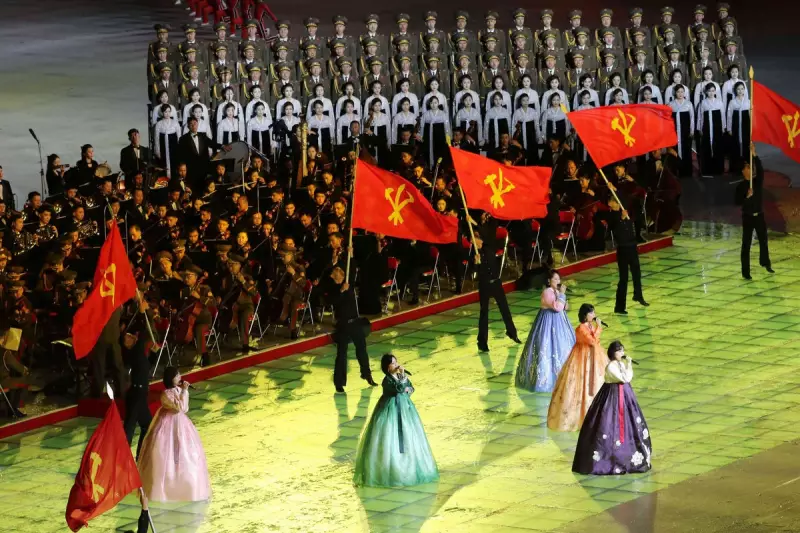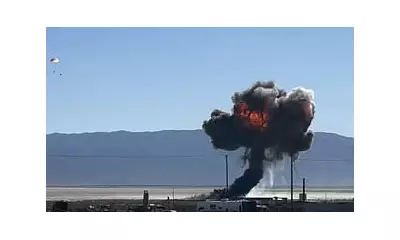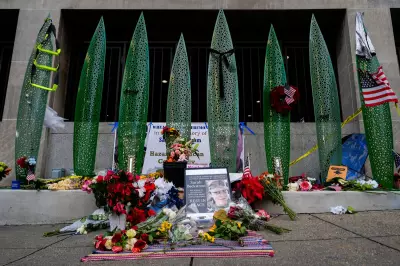
In a move that has sent shockwaves through international diplomatic circles, North Korean leader Kim Jong Un has thrown his full support behind Russia's controversial invasion of Ukraine during a high-stakes summit with President Vladimir Putin.
A Strategic Shift in Global Alliances
The meeting between the two isolated leaders marks a significant escalation in their military cooperation, with Pyongyang offering Moscow its complete backing in the ongoing conflict. This developing alliance represents one of the most substantial geopolitical realignments in recent years, creating fresh challenges for Western powers.
Washington has responded with grave concern, viewing the partnership as a direct threat to international stability. The White House has issued stark warnings about the potential consequences of this new axis between two nuclear-armed nations with increasingly anti-Western agendas.
Military Cooperation Reaches New Heights
Intelligence reports suggest the summit focused heavily on arms deals and military technology sharing. North Korea appears poised to supply Russia with much-needed ammunition and weaponry, while Moscow may provide advanced technological assistance that could accelerate Pyongyang's nuclear and missile programmes.
This exchange of military capabilities has raised alarm bells across NATO capitals, with officials fearing it could prolong the Ukraine conflict while simultaneously strengthening North Korea's prohibited weapons development.
International Reactions and Implications
The burgeoning partnership has drawn condemnation from multiple Western governments, with the UK Foreign Office describing it as "deeply concerning." Security analysts warn this alliance could create a new front of geopolitical tension, complicating already fragile international relations.
China, traditionally North Korea's primary ally, finds itself in a delicate position—caught between maintaining its relationship with Moscow while avoiding direct confrontation with Western powers over the Ukraine conflict.
What This Means for Global Security
The emerging Moscow-Pyongyang axis represents several critical developments:
- Enhanced military capabilities for both nations through technology and resource sharing
- Prolonged conflict in Ukraine through additional arms supplies
- Undermined sanctions regimes as the two countries bypass international restrictions
- New challenges for diplomatic efforts to resolve either the Ukraine conflict or North Korean denuclearisation
As this dangerous new partnership solidifies, Western nations face the complex task of responding to this strategic challenge without further escalating tensions in an already volatile international landscape.





